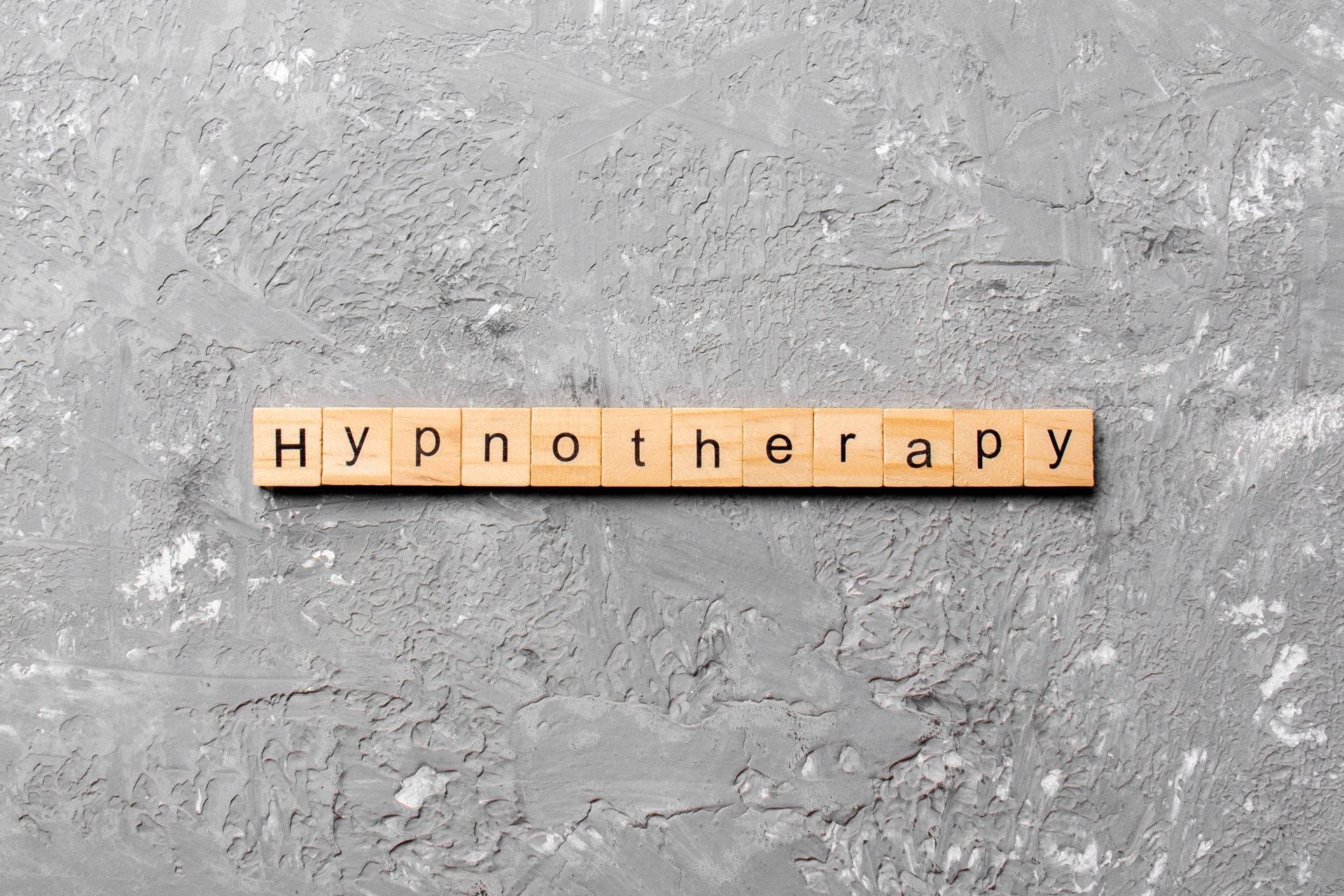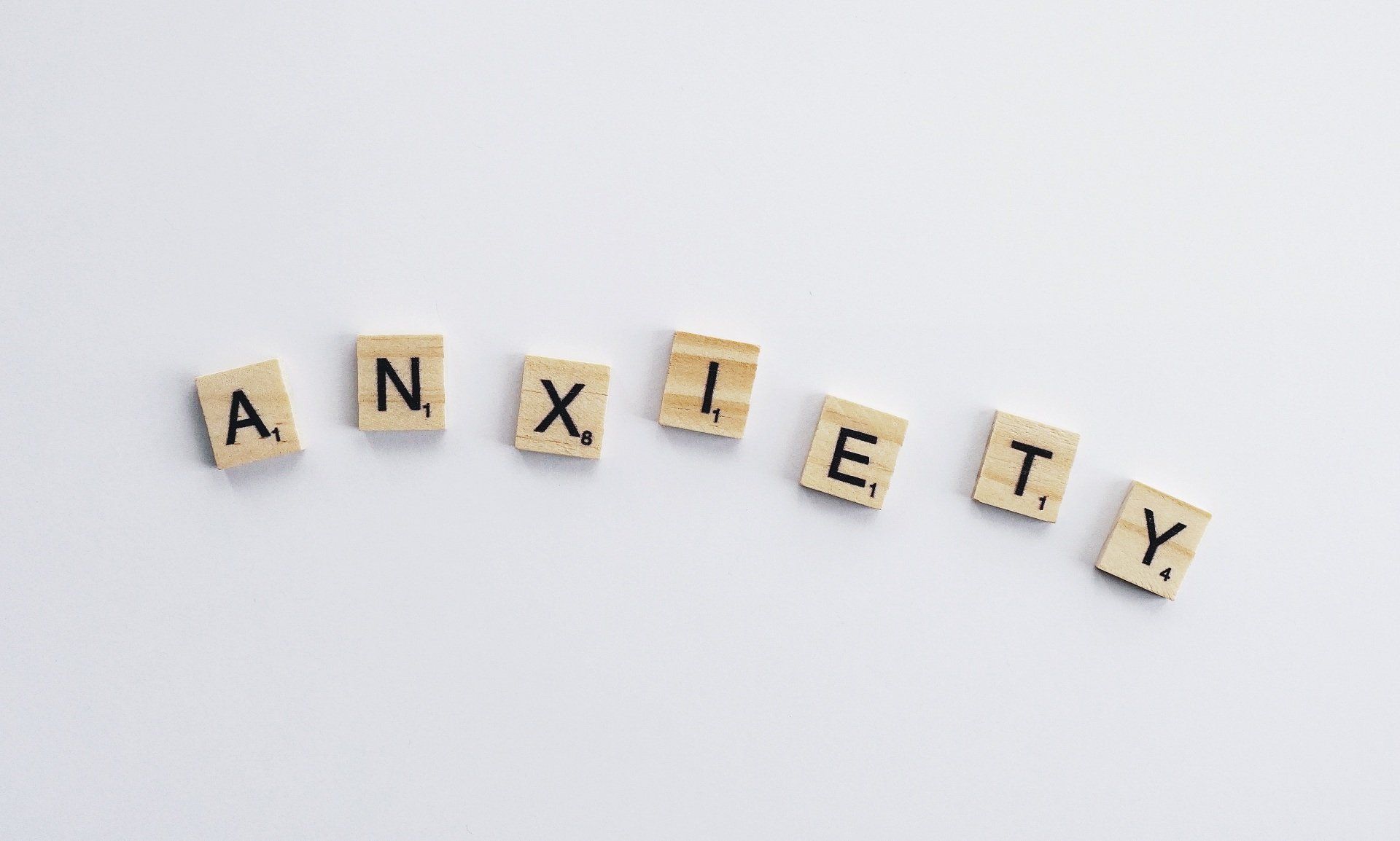The Ethical Considerations of Using Hypnosis and Hypnotherapy
Hypnosis and hypnotherapy are powerful tools that can help individuals make lasting, positive changes in their lives. However, when using these techniques, it is important to consider the ethical considerations involved. This blog post will explore what types of ethical considerations may arise when utilizing hypnosis and hypnotherapy, as well as ways practitioners can ensure that they are using these techniques in an ethical and responsible manner. We will also discuss some of the potential risks associated with hypnotherapy so that practitioners can make informed decisions about how to use it. By the end, you should have a better understanding of the importance of ethical considerations when it comes to the practice of hypnosis and hypnotherapy.
1. Do Not Use Hypnosis or Hypnotherapy to Harm or Control Another Person
The use of hypnosis and hypnotherapy comes with many ethical considerations, particularly when it comes to the use of these tools to harm or control another person. The hypnotic suggestion should never be used as a coercive measure or a way to manipulate another person's behavior - the potentially harmful effects on an individual's mental and emotional well-being are significant.
Practitioners must always maintain the highest ethical and professional standards when using hypnotherapy so that they keep the best interests of their clients in mind at all times.
Prolonged unethical use of hypnosis and hypnotherapy can have dire consequences, leading to distrust between client and practitioner, and further trauma for the client that was once seeking help.
2. Always Obtain Consent From the Person Before Beginning Any Form of Hypnosis or Hypnotherapy
Hypnosis and hypnotherapy are powerful tools to help people access the subconscious mind and make deep changes. However, they are only beneficial when used in an ethical manner.
Whenever a therapist is using hypnosis or hypnotherapy with a client, it is vital that they always obtain consent before beginning the process. It's important to ensure that the client understands precisely what will be involved and make sure they are willing and comfortable with proceeding.
By obtaining explicit consent from the person, it helps create a therapeutic atmosphere of trust and respect which provides for better outcomes during therapy sessions. It also ensures that there is a clear understanding of the boundaries between therapist and client, which is critical for any successful therapeutic relationship.
3. Respect the Autonomy of the Person and Do Not Try to Override Their Free Will
When using hypnosis and hypnotherapy, practitioners must always respect the autonomy of the person they are working with. This means that any suggestions should be made in such a way as to not override or manipulate the free will of the individual.
The use of hypnosis can allow for access to powerful unconscious processes and so it is essential that the person is always in control of their own experience. Practitioners should ensure that the hypnosis and hypnotherapy sessions are conducted in a way that allows the individual to be aware of what is happening and to choose at any point whether they want to proceed or not.
Hypnosis and hypnotherapy should never be used as a way to control or manipulate another person's will, but rather as a way to empower the individual and help them reach their goals.
4. Respect the Confidentiality of Information Shared During Sessions
During hypnosis and hypnotherapy sessions, it is likely that clients will share personal information about themselves. As such, confidentiality must be maintained at all times by the practitioner to ensure that any sensitive material remains private.
Additionally, practitioners should respect the right of their client to decide what information they want to keep confidential and what can be shared with others. Practitioners should also make sure that any information shared by the client is stored in a secure and private place, such as on an encrypted server or in a locked filing cabinet.
The practitioner must always be mindful of the sensitivity of this material and never disclose any client's confidential information without their explicit permission. Doing so can cause serious harm to the client and could result in legal action against the practitioner.
By following these ethical principles, practitioners can ensure that hypnosis and hypnotherapy are used in a safe and responsible manner. This will help to create an environment of trust and respect between therapist and client, making for better outcomes in therapy sessions.
5. Avoid Making Any Suggestions That Could Be Harmful or Unethical
The power of hypnosis and hypnotherapy lies in the ability to make suggestions that will be accepted by the client's subconscious mind. As such, practitioners should always avoid making any suggestions that could be potentially harmful or unethical.
For example, a practitioner should never suggest anything that would lead to criminal behavior or any kind of physical harm to the client or another person. It is also important to avoid making any suggestions that could be considered unethical, such as influencing a client's decisions in a way that is contrary to their own beliefs and values.
By avoiding suggesting anything that could potentially be harmful or unethical, practitioners can ensure that hypnosis and hypnotherapy are used responsibly and ethically. This will also help maintain a positive and supportive therapeutic relationship between practitioner and client.
6. Make Sure That All Equipment Used Is Clean and Sanitary
When using hypnosis and hypnotherapy, it is important for practitioners to make sure that all equipment used is clean and sanitary. This includes any props or items used during sessions, as well as any physical contact that may take place.
By ensuring that all equipment is properly cleaned and disinfected between sessions, practitioners can help reduce the risk of cross-contamination and the spread of germs and bacteria. This will help to maintain a safe and hygienic environment for both clients and practitioners, as well as helping to protect both parties from potential illnesses or infections.
By taking the necessary steps to ensure that all equipment used is clean and sanitary, practitioners can demonstrate their commitment to providing the best possible care for their clients. This will also help to ensure that hypnosis and hypnotherapy are used in a safe and responsible manner.
7. Do Not Perform Hypnosis or Hypnotherapy Without Proper Training and Supervision
Before practitioners can begin to safely and ethically use hypnosis and hypnotherapy, they must first undergo the proper training and supervision. This includes learning how to properly assess a client's needs, as well as gaining experience in making appropriate suggestions.
Additionally, it is important that practitioners are properly supervised while they are practicing hypnosis and hypnotherapy. This is to ensure that they are following ethical and professional guidelines, as well as to help them learn from their mistakes and prevent any potential harm or injury to the client.
By undergoing the proper training and supervision, practitioners can ensure that hypnosis and hypnotherapy are used in a safe and responsible manner. This will help to protect both the practitioner and their clients, while also providing a positive and beneficial experience for all parties involved.
8. Be Aware of Your Own Personal Limitations and Biases, and Do Not Allow Them to Influence Your Work With Clients
As practitioners of hypnosis and hypnotherapy, it is important to be aware of our own personal limitations and biases. This includes any beliefs or attitudes that could affect the way we interact with clients or the advice we give them.
By being aware of our own limitations and biases, practitioners can ensure that they are not unknowingly influencing their clients in any way. They should also make sure to take steps to prevent any potential bias or prejudice from affecting the advice they give.
This will help to ensure that clients are receiving the most accurate and unbiased information possible, as well as helping to maintain a healthy therapeutic relationship between practitioner and client.
9. Be Aware of the Potential Risks and Take Appropriate Precautions to Protect Clients From Harm
Practitioners should be aware of the potential risks associated with using hypnosis and hypnotherapy. These risks can include physical injury, psychological harm, or even legal repercussions.
In order to protect both clients and practitioners from any potential harm or injury, it is important for practitioners to take all necessary precautions. This includes making sure that clients are properly informed of any risks involved, as well as following all applicable laws and regulations.
By understanding the potential risks associated with hypnosis and hypnotherapy, practitioners can ensure that their clients receive the best possible care. This will help to maintain safety, while also helping to promote a positive therapeutic relationship between practitioner and client.
10. Follow Local, State, and Federal Laws and Regulations Related to the Practice of Hypnosis and Hypnotherapy
It is important for practitioners to follow all applicable laws and regulations related to the practice of hypnosis and hypnotherapy. This includes understanding any licensing requirements or restrictions in their area, as well as making sure they are following all safety protocols.
By taking these steps, practitioners can ensure that they are operating within the law and providing the best possible care for their clients. This is critical for maintaining a safe and ethical practice, as well as protecting both practitioners and their clients from any potential harm or injury.
These are just some of the basic guidelines that practitioners should follow when using hypnosis and hypnotherapy. By understanding these principles and taking appropriate steps to follow them, practitioners can help to ensure that their clients receive the best possible care.
Hypnosis and hypnotherapy are powerful tools for helping clients achieve their goals. However, it is important for practitioners to follow the proper guidelines to ensure that this powerful tool is used ethically and responsibly. By understanding the potential risks associated with hypnosis and hypnotherapy, taking all necessary precautions, and following local, state, and federal laws and regulations, practitioners can help ensure that their clients receive the best possible care. And by doing so, they can create a positive and beneficial experience for all parties involved.












